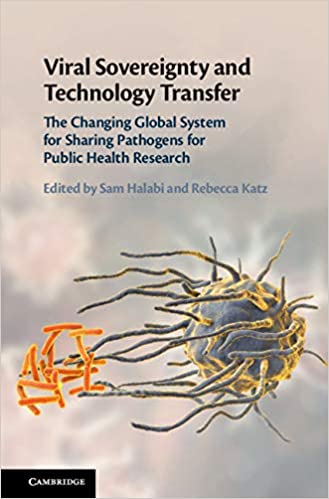Data Sharing in Public Health Emergencies
Engaging in dialogue and work to improve data sharing in public health
Data sharing is essential for enabling the global community to prepare for and respond to epidemics. Access to data, including biological samples, is crucial to the research and development process that leads to diagnostics, therapeutics, and vaccines to address both new and reemerging infectious diseases. It also enables public health professionals – from the community level to international organizations – to make informed decisions, mitigating the consequences of an outbreak and saving lives. The Center for Global Health Science & Security engages in dialogue and works to provide evidence to improve data sharing in public health.
Retrospective Case Studies on Data Sharing in Public Health Emergencies
Restrictions on access to data have become an increasingly substantial barrier to research and development, as well as detection and response. Researchers at major institutions across the United States reported difficulties in obtaining samples during the 2014 Ebola virus outbreak and those that did obtain samples reported difficulties obtaining more recent samples thereafter to identify mutations in the virus as it spread. Legal claims, such as those asserted by the Saudi government on MERS-CoV, can also complicate data sharing during public health emergencies. With support from the Wellcome Trust, the Center for Global Health Science & Security is developing two complementary case studies focusing on these events to describe the data sharing practices used during the outbreaks and elucidate how lessons from the past can inform future data sharing for research and epidemic response.
Material Transfer Agreements and Infectious Disease Research
Although the role of the material transfer agreements has grown and evolved over the last two decades, the scant evidence suggests that the researchers ultimately impacted by their terms play a marginal role. This line of work engages experts in infectious diseases, ethics, and law to discuss the how multidisciplinary research can function as a vehicle to advance our understandings of the changing role of the material transfer agreement in infectious disease research.



